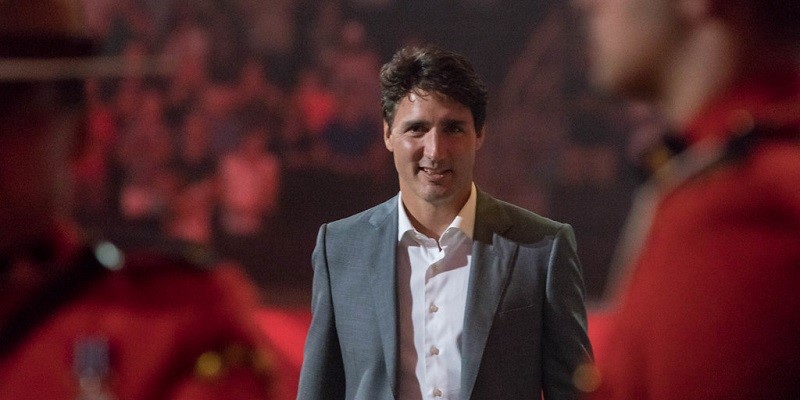PBO report underscores Ottawa’s irresponsible spending spree

According to a recent Parliamentary Budget Officer (PBO) report, the Canadian economy is expected to stagnate in the latter half of 2023 and the federal deficit will increase due to growing government spending. Unfortunately, this latest grim fiscal news comes as no surprise.
Since taking office in 2015, the Trudeau government has demonstrated a proclivity to increase spending at every turn. This year’s spring budget projected that annual program spending (total spending excluding interest costs, adjusted for inflation) was expected to grow by $132.7 billion—or 41 per cent—between 2014/15 and 2023/24.
Now, according to the PBO report, federal spending in 2023/24 will increase even more than originally anticipated and reach $458.6 billion—$5.6 billion higher than the government’s previous projection—due largely to new subsidies for the Stellantis and Volkswagen electric vehicle battery plants, and enhancements made to the GST rental rebate.
Again, no surprise. By rolling out new or expanded programs in nearly every budget or fiscal update, the Trudeau government has shown little to no semblance of fiscal responsibility. But governments simply cannot spend their way to prosperity, and expanding the size of the federal government comes with costs.
Indeed, the government continues to finance these spending increases with borrowed money, kicking the can down the road and hoping someone else will pick up the tab in the distant future. But sustained government borrowing means heightened uncertainty for entrepreneurs, investors and businesses, as it increases the risk of tax hikes in the future, dampening the viability of current investment while endangering our future prosperity. Moreover, younger generations of Canadians will pay the costs of rising debt through future tax increases.
And of course, when you borrow money, you must pay interest. As debt levels rise and interest rates climb, which they are currently, the government must spend more taxpayer dollars on servicing government debt. Federal debt interest costs are expected to reach $46.4 billion in 2023/24—billions more than initially projected last spring and more than double the amount spent only three years ago.
Finally, the PBO report concludes that rising government spending will lead to a $6.4 billion increase in the federal deficit this year relative to budget projections last March. Even though we’re well past the emergency stage that consumed governments during COVID, the annual federal deficit is significantly larger than what it was before the pandemic.
It didn’t have to be this way. With some spending discipline in Ottawa, Canadians would be benefiting from less federal debt, lower debt interest costs, and smaller budget deficits (or even surpluses). As shown in a recent study, if the federal government had exercised spending restraint starting in 2015 it could’ve run a $23.3 billion surplus this year. This surplus could have been used to provide Canadian families with meaningful tax relief. In 2016, the Trudeau government reduced the “middle-class tax rate” from 22.0 per cent to 20.5 per cent. With a sizeable surplus, it could‘ve chopped this rate again from 20.5 per cent to 15.0 per cent, putting $18.7 billion back into the pockets of Canadians.
Federal spending and debt are needlessly rising again in Canada. The Trudeau government should quit its spending spree now and reduce the burden on taxpayers today and in the future.
Authors:
Subscribe to the Fraser Institute
Get the latest news from the Fraser Institute on the latest research studies, news and events.


